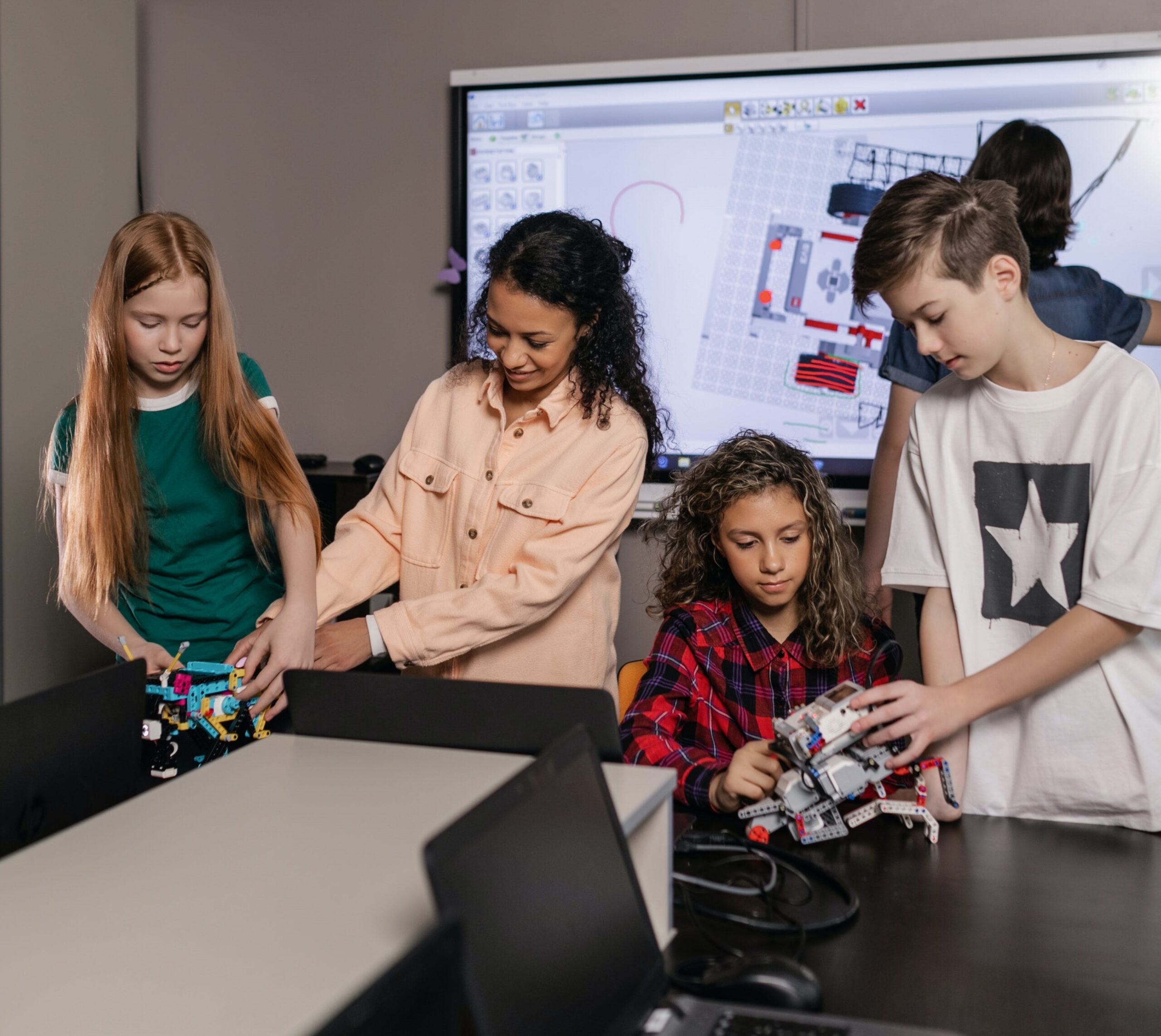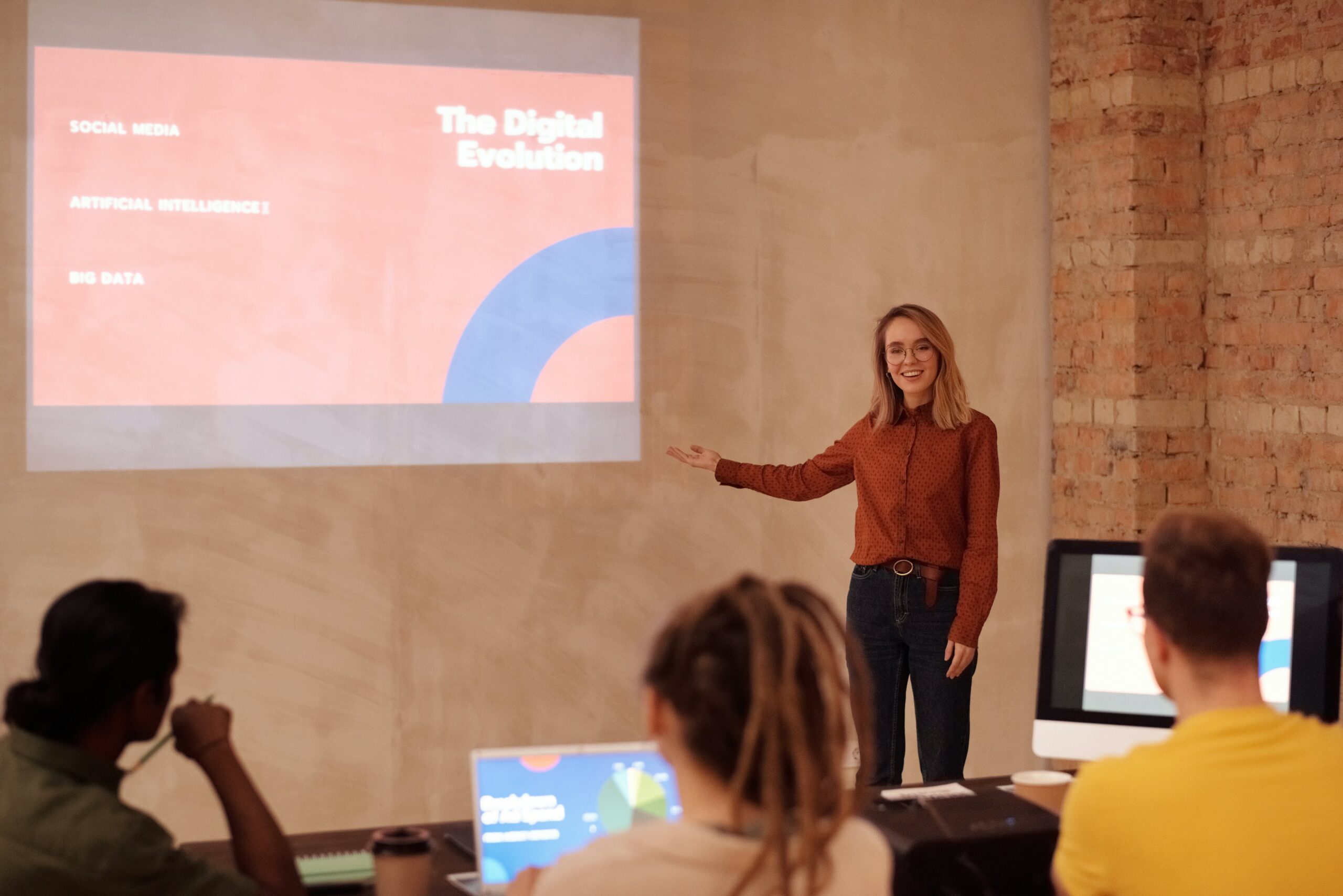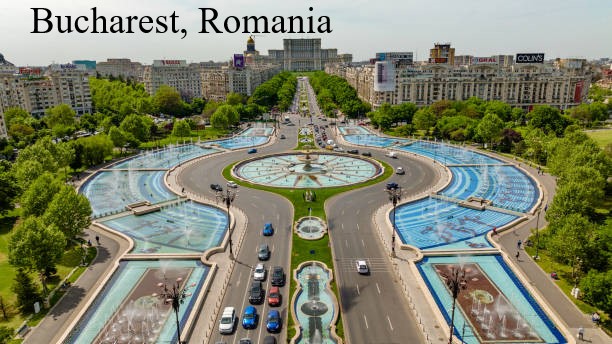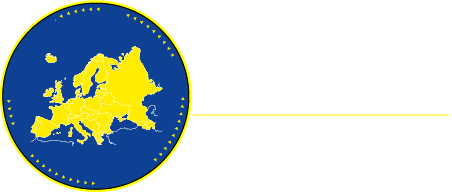

This course includes
- Introduction to STEAM Education
- Science and Technology Integration
- Engineering and Mathematics Integration
- Arts Integration and Creativity
- Assessment, Resources, and Curriculum Development
- Reflection, Evaluation, and Certification
Audience
- Teachers,
- Trainers,
- Educators,
- School administrators, etc.
“Welcome to ‘Empowering Educators: STEAM Integration for 21st Century Learning.’ This intensive 5-day training program is designed to equip educators with the knowledge, skills, and confidence to seamlessly integrate Science, Technology, Engineering, Arts, and Mathematics (STEAM) concepts into their teaching.
Course Content
Daily Program
Locations & Dates
Pre-Register Form
Overview:
“Welcome to ‘Empowering Educators: STEAM Integration for 21st Century Learning.’ This intensive 5-day training program is designed to equip educators with the knowledge, skills, and confidence to seamlessly integrate Science, Technology, Engineering, Arts, and Mathematics (STEAM) concepts into their teaching. In a rapidly evolving world, where problem-solving, creativity, and innovation are highly valued, STEAM education plays a crucial role in preparing students for success. Throughout this program, participants will explore the foundations of STEAM education, develop hands-on experience with cross-disciplinary projects, and learn to inspire creativity and critical thinking in their students. Our aim is to provide you with practical strategies, resources, and a supportive community to help you become an effective STEAM educator, empowering your students to thrive in the 21st century.”
Learning Outcomes:
Upon completing this 5-day STEAM teacher training program, participants will:
Understand the Core Principles of STEAM: Gain a comprehensive understanding of the principles of Science, Technology, Engineering, Arts, and Mathematics (STEAM) education and its significance in preparing students for the 21st century.
Integrate STEAM Concepts: Develop the ability to seamlessly integrate STEAM concepts into their teaching across various disciplines, fostering holistic and cross-disciplinary learning experiences.
Enhance Problem-Solving Skills: Cultivate problem-solving skills and creative thinking in both themselves and their students through hands-on STEAM activities.
Create Engaging Curriculum: Be able to design and implement STEAM-focused curriculum plans that inspire curiosity and a growth mindset in the classroom.
Foster Collaboration: Learn effective strategies for promoting collaboration, teamwork, and communication skills among students through STEAM projects.
Assess STEAM Learning: Master various assessment methods tailored to STEAM education, ensuring effective evaluation of student progress and achievement.
Access Resources: Discover a wide range of resources, tools, and online communities to support ongoing professional development in STEAM education.
Objectives:
To introduce participants to the core concepts of STEAM education, its benefits, and the role of the arts in STEM disciplines.
To equip participants with the knowledge and skills to integrate science and technology effectively in the classroom, fostering inquiry-based learning and technological literacy.
To guide participants in understanding engineering and mathematics integration, and how to develop problem-solving skills in students through engineering challenges.
To explore the significance of arts in STEAM, develop creative thinking, and show how to incorporate the arts into STEAM projects.
To provide participants with tools and strategies for curriculum development, assessment, and continued professional growth in STEAM education.
Methodology:
The training program will employ a variety of engaging and interactive methodologies to achieve the objectives and learning outcomes, including:
Lectures and Discussions: Theoretical sessions led by experts in STEAM education to provide a foundational understanding of the concepts.
Hands-On Activities: Practical STEAM activities and projects to help participants experience and internalize the principles taught.
Group Work: Collaborative group activities and discussions to encourage peer learning and sharing of ideas.
Reflection and Feedback: Regular reflection sessions to promote critical thinking and self-assessment.
Guest Speakers: Inviting experts in the field for insights and inspiration.
Curriculum Development: Participants will have the opportunity to create their own STEAM lesson plans and receive feedback.
Resource Exploration: Introducing a variety of resources and tools for ongoing support and professional development.
Certification: Participants will receive a certification of completion at the end of the program.
The program will be a blend of theory and practice, fostering a dynamic learning environment that empowers educators to confidently implement STEAM education in their classrooms.
Day 1: Introduction to STEAM Education
Overview of STEAM education and its importance.
The integration of the arts in STEM disciplines.
Benefits of STEAM education for students.
Hands-on STEAM activity: Simple engineering project.
Design thinking and its role in STEAM.
Assessment strategies for STEAM learning.
Day 2: Science and Technology Integration
Inquiry-based learning in science and technology.
Best practices for teaching scientific inquiry.
Incorporating technology and digital tools into STEAM projects.
Hands-on STEAM activity: Building and testing a simple Rube Goldberg machine.
Collaboration and teamwork in STEAM projects.
Day 3: Engineering and Mathematics Integration
Engineering design process and problem-solving.
Math in real-world engineering challenges.
Planning and managing STEAM projects in the classroom.
Hands-on STEAM activity: Constructing a simple bridge or tower.
Integrating mathematics concepts into engineering challenges.
Day 4: Arts Integration and Creativity
Role of the arts (visual arts, music, drama) in STEAM.
Cultivating creativity in STEAM projects.
Strategies for fostering creative thinking in students.
Hands-on STEAM activity: Creating a multimedia art project related to a scientific concept.
Incorporating storytelling and art into STEAM activities.
Day 5: Assessment, Resources, and Curriculum Development
Effective assessment methods for STEAM education.
Developing a STEAM-focused curriculum.
Exploring available resources, kits, and tools for STEAM teaching.
Hands-on STEAM activity: Participants create their own STEAM lesson plans.
Group discussion and reflection on the training program.
Certification and next steps in STEAM education.

Bucharest – Romania
Location:
Bucharest – Romania
Dates:
13-17 January 2025

Istanbul – Turkey
Location:
Istanbul – Turkey
Dates:
19-23 May 2025
